Guest post by Nicole Kronzer, author of Unscripted
When I was a junior in high school, someone told me, “The improv team needs girls. You should audition.” Later, as a professional improviser, a coach threw an arm around me and said, “You might be the funniest woman I know.”
At the time, both of these statements felt like compliments. It wasn’t until much later I realized the unspoken subtext of both: women and comedy aren’t a natural fit.
The lack of women in the comedy I loved growing up reinforced this notion. My first comic heroes were the all-male cast of Monty Python’s Flying Circus. Even when a sketch called for a woman, most of the time one of the men would dress in drag and play the part themselves. If there had been a lot of women represented in comedy at the time, the Python guys portraying women wouldn’t have been that big of a deal. Instead, I internalized the idea that even when a woman was “required,” she wasn’t.
Granted, Monty Python first aired on the BBC in 1969, and a lot of time has passed since then. Yet, even though Gilda Radner was the first person Lorne Michaels hired for Saturday Night Live’s inaugural cast, a woman didn’t become head writer until 1999 when Tina Fey got the job. In SNL’s 45-year history, only three women have had the top writing spot.
For well-researched evidence of the gender disparity in comedy, start here, here, and here, and Margaret Cho’s discussion of the additional pressures women of color face here.
We do accept women in comedy—as long as they stay in their lane. In my professional improv days, I was often called on as a wife or mother by fellow players. The audience suggestion that I should portray former-Playboy playmate Anna Nicole Smith in scenes was so prevalent and made me so angry that a coach started warning me before shows to anticipate it and “just go with it.”
I could have refused. But with my refusal came risks of being labeled “difficult” or of not being cast in future shows. I technically belonged, but my belonging was conditional.
We have plenty of examples of funny women, but there is still anger at the idea that women belong in the world of comedy. (Remember the backlash over the Ghostbusters remake?)
Why? Because there is power in comedy. We like and trust people who make us laugh. It just wouldn’t do for women to be that likable, trustworthy, or ultimately, that powerful.
I started writing Unscripted, my young adult debut novel about improv and toxic masculinity because while I have felt oppressive forces all my life concerning being a woman, it was comedy where I felt my lack of personhood most acutely. I slotted in as a Funny Girl—not Nicole, a specific funny person.
Zelda, my protagonist, comes to an exclusive improv camp in the mountains of Colorado with Saturday Night Live dreams. (She even lives in a cabin named after Gilda Radner.) Up until this camp, she has only experienced improv with a female coach. The injustices she suffers at the hands of her male coach and teammates at camp are new, so she notices them. She has not become inured to such injustice. Her shock and anger should be all of our shock and anger.
Zelda’s struggles in this book are about the pressure she feels to represent other girls. She’s trailblazing—the first girl on the top team in fifteen years. But she’s miserable. How much does she owe herself, and how much does she owe the people she represents? Can she quit if she’s unhappy, or does she owe it to “the sisterhood” to stay and fight for representation? This question is one women ask themselves all the time—not just in comedy.
As the men in my life have read early copies of Unscripted, almost to a person, they’ve asked me, “Do guys really say things like this to girls?” They want so much for my novel to be purely fiction because they are good men. But men protect other men from the vitriol they feel emboldened to say to women. “Yes,” I have to tell them, “Guys really do.”
Here is the part in the essay when I could say, “Women need to lift up other women. We need to tell girls they’re funny and powerful and encourage their senses of humor.” These things are true.
But men have the bigger job. “Nice” men, “good” men must recognize that a boys’ club exists. They need to seek out and support projects with women. Give boys books about funny girls. They need to see women and girls’ access to comedy as access to power and to support that.
Comedy is entertainment vital to our collective mental health, but also for pointing out injustice in a palatable way. Women and their perspectives should be at those tables.
I have two young daughters, both of whom are hilarious. My hope is some day no one will even get a chance to say, “You should try out for improv.” They’ll do it without being told. Because they’ll know that’s where they belong.












